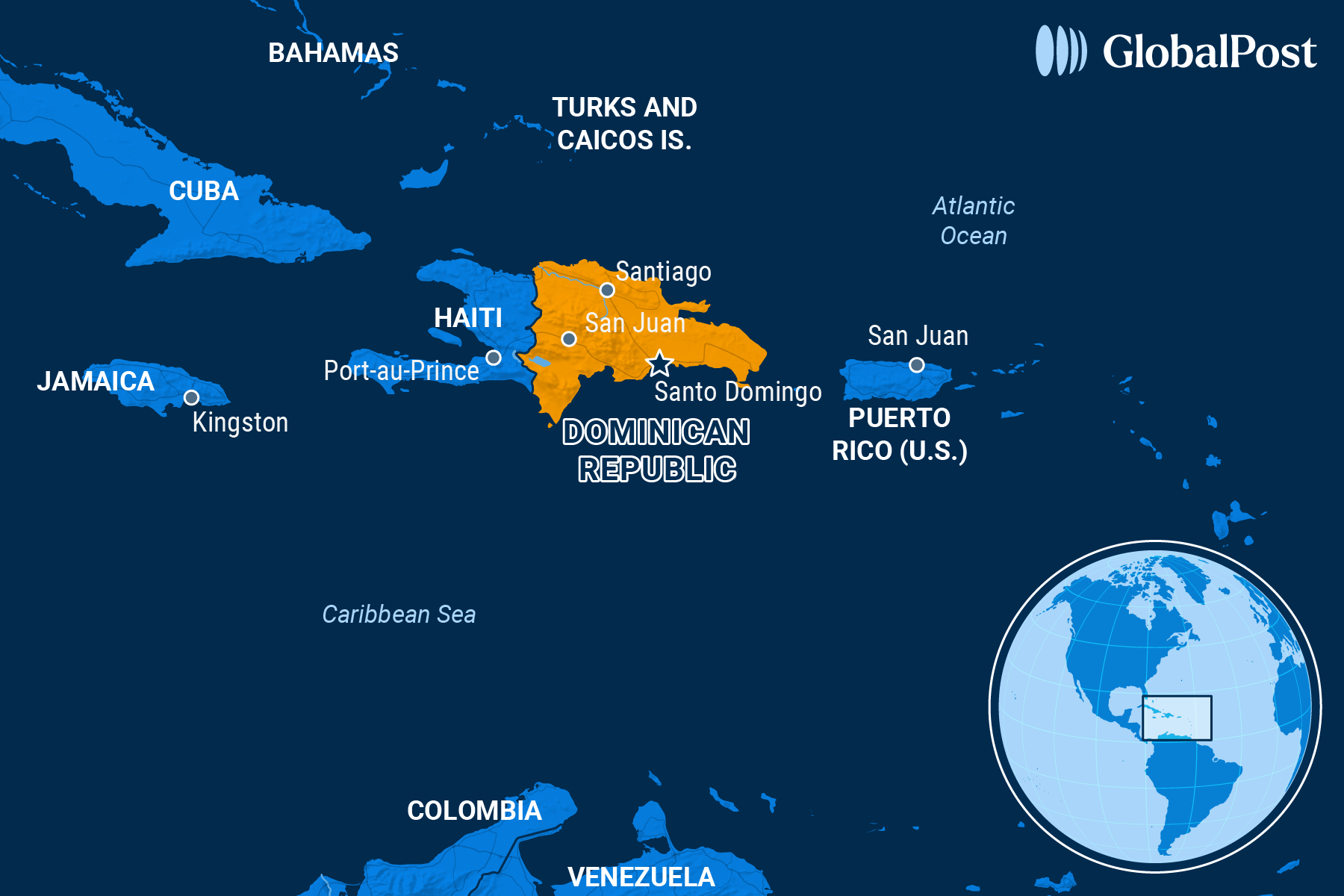The Chain Gang Blues: The Dominican Republic Grapples With Prison ‘Chaos’

Political violence and indiscriminate imprisonment have been common in the history of Latin America and the Caribbean. As Freedom House explained, authoritarian regimes in the region have long thrown opposition leaders, activists, journalists, and other dissenters into prisons to keep them quiet.
The Dominican Republic might be taking that tradition to new levels, however.
More than 60 percent of the country’s total prison population of 26,000 are serving time in jail under so-called “preventive detention” without charges, the Associated Press reported. Officials said that these detentions are necessary because the alleged criminals should not remain at large while prosecutors collect evidence. Still, some detainees have spent 20 years in prison without a court ever having found them guilty of a crime.
“Prisons have become no man’s land,” said the director of the Dominican Republic’s National Public Defense Office, Rodolfo Valentín Santos.
Dominican President Luis Abinader, who was reelected to a second term last summer, has recognized that the country has a problem with incarceration.
Last year, after 11 inmates died at La Victoria prison in a fire and explosion, the president appointed former prisons director Roberto Santana as head of a commission tasked with overhauling and improving the country’s more than 40 prisons.
“We must admit, gentlemen, that we have a situation in all of the country’s prisons,” Abinader said after the appointment.
Human rights officials agree. “The Dominican Republic’s prison system is on the brink of collapse,” wrote the country’s National Commission of Human Rights.
Santana knows this first-hand. He was arrested multiple times under former President Joaquín Balaguer for opposing the government. He spent two years in solitary confinement in La Victoria.
As a result, he’s on a mission. In addition to complaining about mass overcrowding, by more than 50 percent, which he says leads to thousands of inmates sleeping on the floor, he is most critical about the pretrial detentions that are also leading to the dire conditions in the country’s prisons.
“We can’t continue filling prisons with people for stealing a banana,” he said, according to the country’s El Nacional newspaper. “This erratic policy affects democratic coexistence, families, and the prison system itself.”
He added that corruption remains entrenched in the country’s prisons, something widely known yet not addressed.
The country has tried to build more prisons, but corruption forced authorities to halt the construction of a much-touted prison in recent years that was expected to ease overcrowding.
Still, Dominican Today reported that at least four new prisons are to open this year.
Another issue is that backlogged courts with the inability to process paperwork in a timely manner are largely responsible for the length of time people stay in prison without a trial, wrote IR Insider, adding that many prisoners cannot afford the fine the court orders them to pay in exchange for release.
Additionally, “unauthorized arrests,” particularly of individuals suspected to be undocumented Haitian migrants, remain a significant issue, wrote Straight Arrow News.
Thousands of Haitians have fled to the country from the other, poorer half of the island of Hispaniola that the Dominican Republic shares with Haiti.
Last year, the president announced a plan to deport 10,000 undocumented Haitians from the Dominican Republic every week, reported Le Monde.
There is popular support for the crackdown on Haitians, especially as violence has reportedly broken out between nationalist Dominican groups and Haitian communities in the country.
The problem, say human rights officials, is that sometimes Dominican authorities also mistakenly round up Dominican citizens who might happen to resemble their Haitian neighbors.
Writing in the Conversation, Western University professor Masaya Llavaneras Blanco described how she met a mother desperately trying to find her detained son’s identity documents to prove he was a Dominican citizen so that he wouldn’t be detained in the country’s harsh prisons, or worse, deported to a country he had never visited.
“The boy was lucky he had documents at all,” she wrote. “Historically, access to documents among Haitians, Dominicans and specifically Dominicans of Haitian descent has been chronically lacking.”

Subscribe today and GlobalPost will be in your inbox the next weekday morning
Join us today and pay only $32.95 for an annual subscription, or less than $3 a month for our unique insights into crucial developments on the world stage. It’s by far the best investment you can make to expand your knowledge of the world.
And you get a free two-week trial with no obligation to continue.
